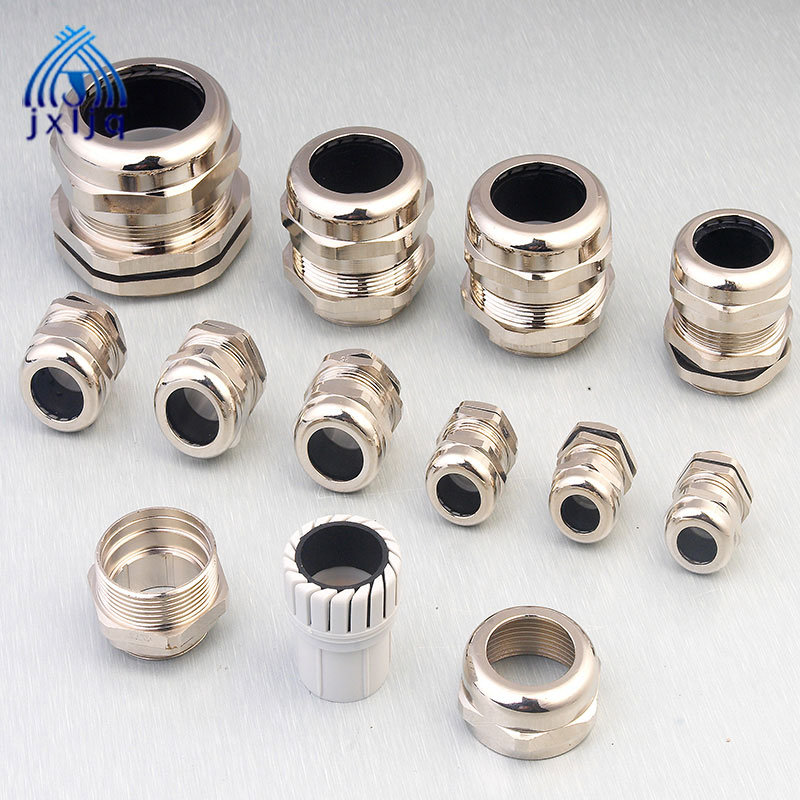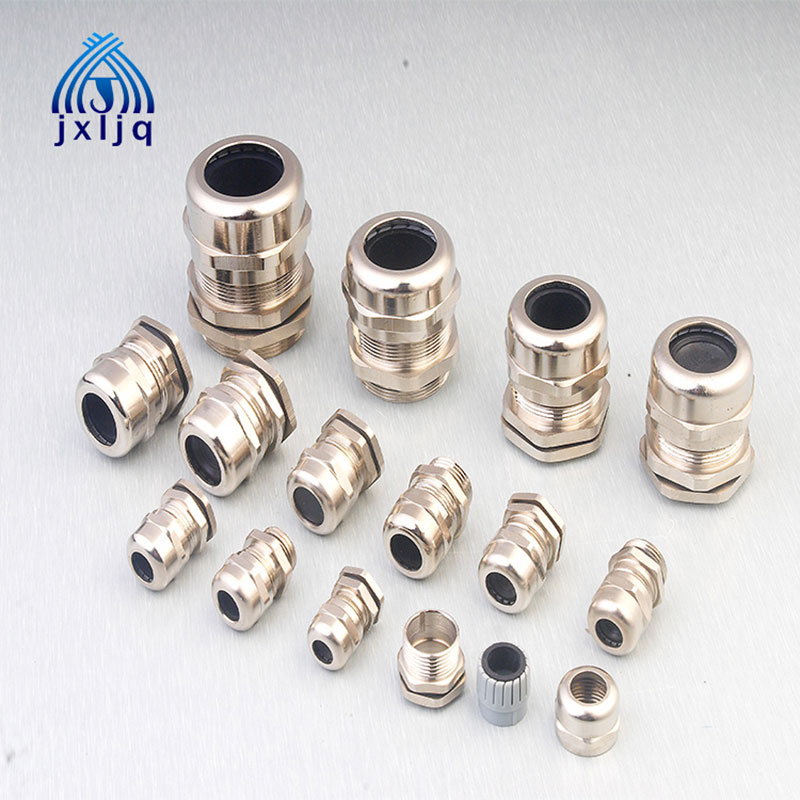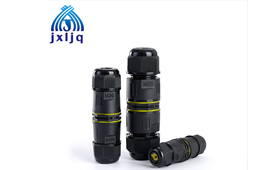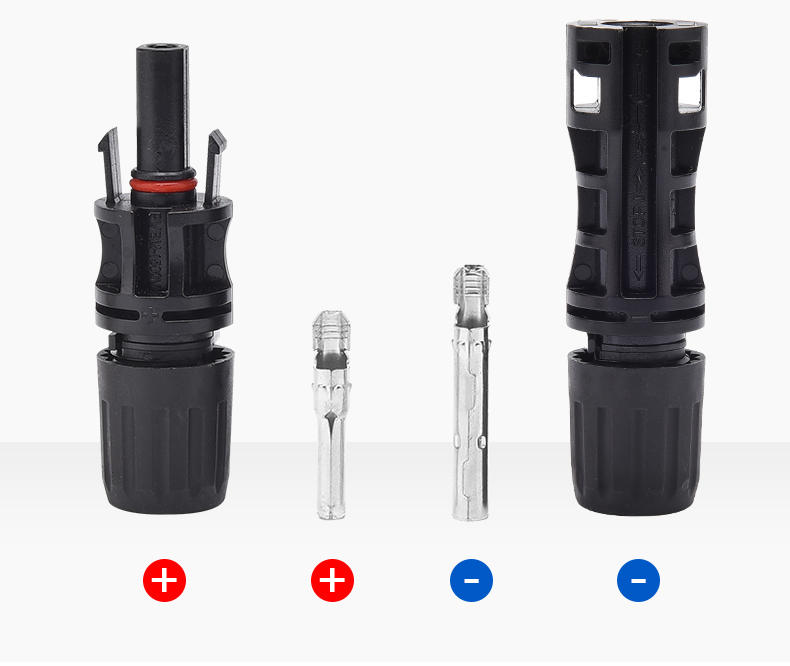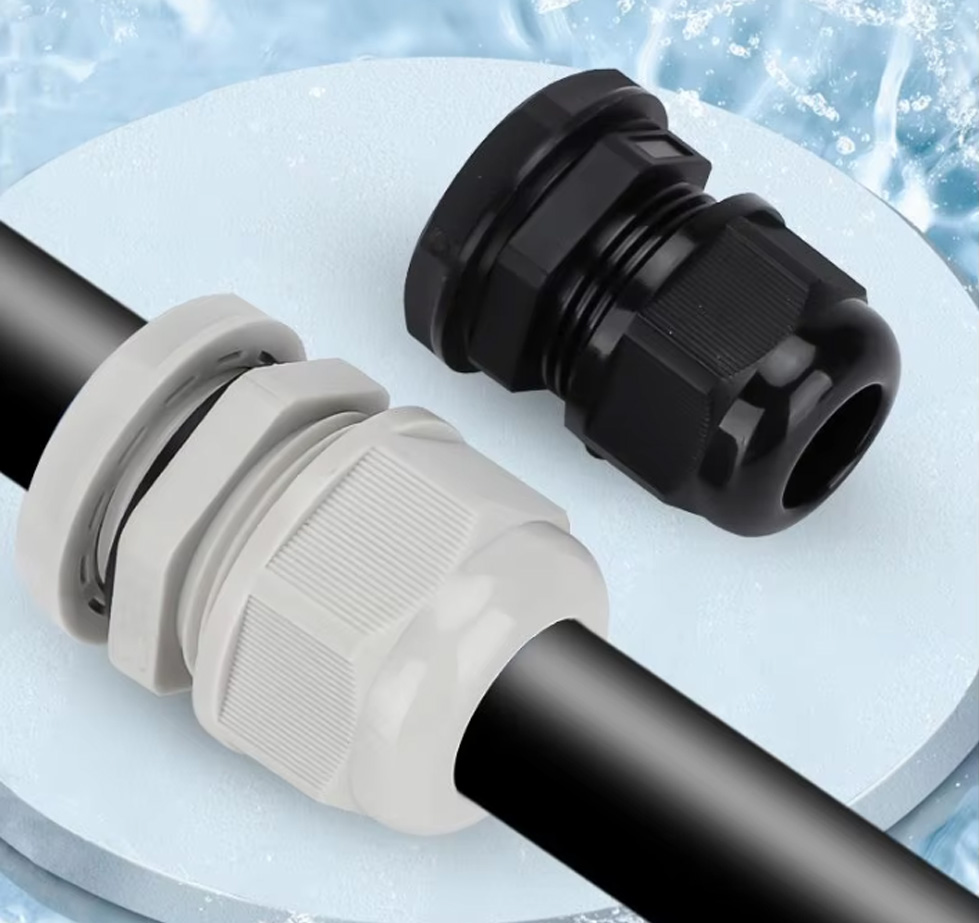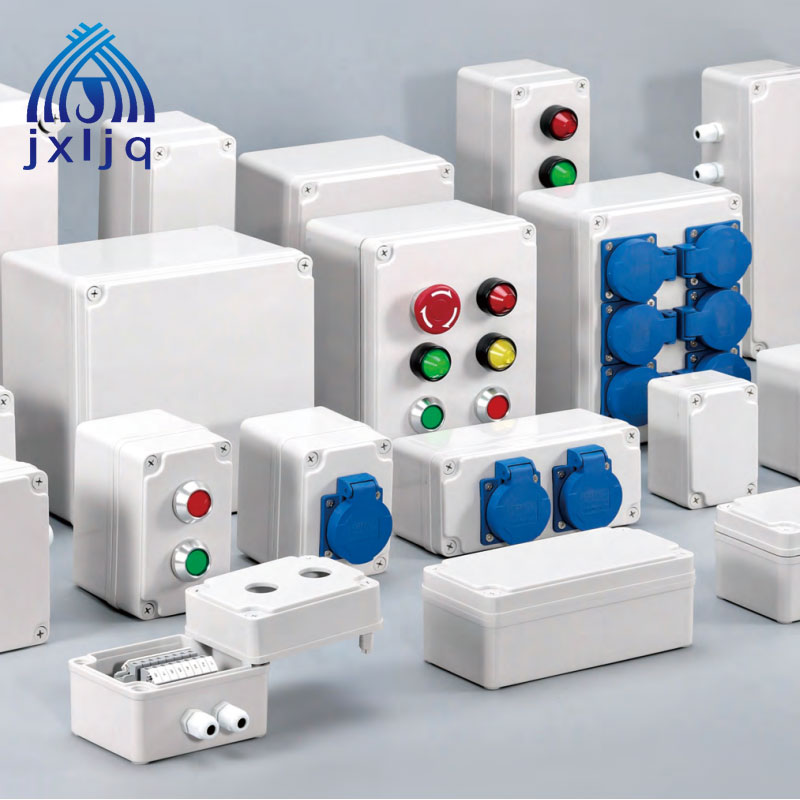Cable gland connector waterproof and fireproof measures
Cable Gland Connector Specification Requirements
(1) Basic requirements for wire lugs
1. The resistance of the joint cannot be greater than that of the wire;
2. The mechanical strength of the joint cannot be less than the strength of each wire itself;
3. The insulation of the joint should not be less than that of the mainline;
4. The corrosion resistance and oxidation resistance of the terminal head are good.
5. Good electrical conductivity, the same as the cable body, can transmit the current specified by the allowable carrying capacity for a long time and stably without causing local heating;
6. Sufficient insulation strength is required to withstand long-term high voltage and short-term overvoltage under working conditions;
7. Warm reminder from the cable gland connector manufacturer, an excellent protective structure requires weather resistance and corrosion resistance, as well as good sealing and sufficient mechanical strength.

(2) Basic specifications for wire lugs
1. Reserve a length of about 15-20cm for the wire head of the wire box, and then scrape off the remaining part of the insulation, and scrape off the paint layer and oxide layer.
2. Wiring color standard: Generally, red is used for live wires, blue is used for neutral wires, and the pattern is used for ground wires; if it is a dual-control switch with multiple live wires, other colors are required to distinguish them.
3. Hot tin. All the thread ends should be tinned according to the specification.
Picture of the Cable Gland Connector
How to Connect the Cable Gland
Before connecting the cable, cut the insulating ends on both sides into a conical shape (reaction force cone), and leave the inner shield of the wire about 10mm longer than the conventional one. After crimping or welding, remove the burrs and flashes on the surface of the connecting pipe, and use Wipe off the metal powder on the surface of the connecting pipe with a white cloth moistened with gasoline. At this time, it is necessary to fill up the pressure pit of the connecting pipe with a semi-conductive rubber self-adhesive tape, and use a semi-folding method to wrap and fill the connecting pipe and the semi-conductive inner core of the wire core. The gap between the shielding layers must be carefully wrapped, and the gap should be evenly pressed by hand to play the role of a uniform electric field.
What are the types of cable connectors?
The cable gland connector manufacturer tells you that the connection methods of cable gland connectors are divided into "cross" connection, "one-word" connection and "T" connection.
The correct way to deal with the joint: 1. When cutting off the end of the thread, you only need to squeeze the end of the thread with wire cutters, then wrap the thread around the jaws, and turn it hard to disconnect it. 2. The joint at the dry place of the power supply needs to be wrapped twice with insulating tape, then wrapped twice with insulating self-adhesive tape, and finally wrapped with plastic tape twice. The three common connection methods of cables are divided into "standard connection method", crimping wire connection method" and "fireproof tape isolation method".
The standard connection method means that there is no power connector. If there is a connector for the power supply, it is easy to cause a short circuit, ignition, and poor contact. In particular, pay attention to whether the power connector in the home exists.
The crimping and risking wiring method is to use crimping pliers to crimp the wires, and put the crimping pliers on the crimping and risking. The crimping and risking wiring method is the most standardized and practical method.
The fireproof tape isolation method is often used in higher projects, such as high suspended ceilings. Note that the main line cannot be broken. The function of using fireproof tape is to prevent electrical appliances from being ignited and burned to parts, and the outside is tightly wrapped with insulating tape.
Warm suggestions from cable connector manufacturers: it is dangerous to connect cables, and the irregularities in the connection will have a great impact on the safety of electricity use in the future. It is recommended to find professional personnel to operate.
Waterproof and fireproof measures should be taken at the cable gland connectors
1. Cable technology
Generally speaking, the cable head is the weak link of the cable insulation, so strengthening the monitoring and management of the cable head is an important part of cable fire protection.
(1) The terminal cable head must not be placed in the cable trench, cable tunnel, cable box, or cable interlayer.
(2) The intermediate cable heads placed in cable trenches, cable tunnels, cable trough boxes, and cable interlayers must be registered and monitored with various monitoring equipment.
(3) When the cable head is found to have abnormal temperature rise or smell or smoke, it should be withdrawn from operation as soon as possible to avoid the cable head from catching fire during the operation.
(4) A sufficient safety distance should be ensured between the intermediate cable heads. More than two cable heads should not be placed in the same position, and strict sealing measures should be taken between the cable heads and other cables.
The above is the summary of the cable gland connector manufacturers for you. I hope it can help you with the relevant content and information about the cable gland connectors.


